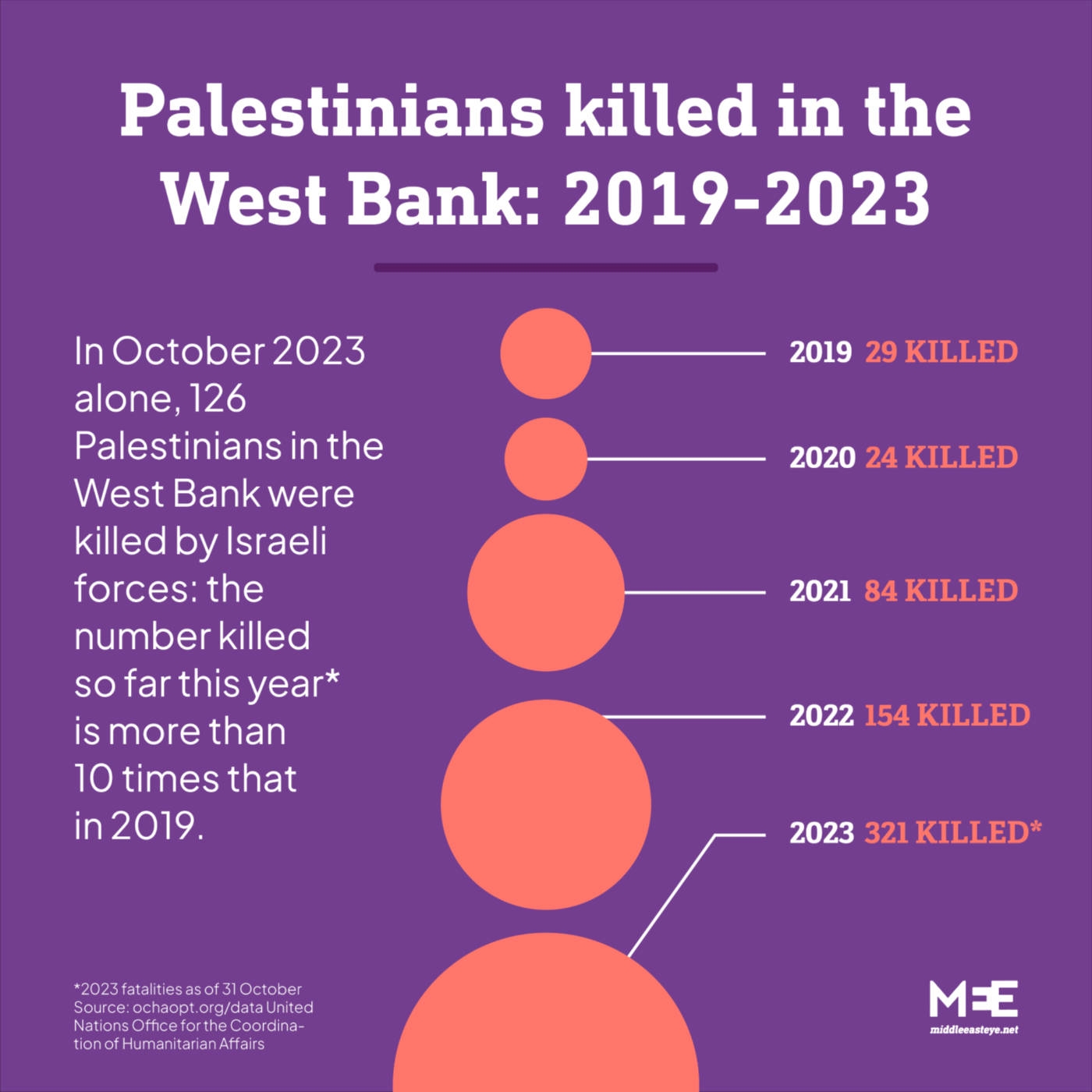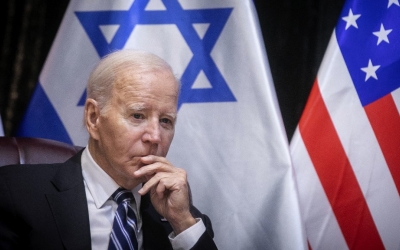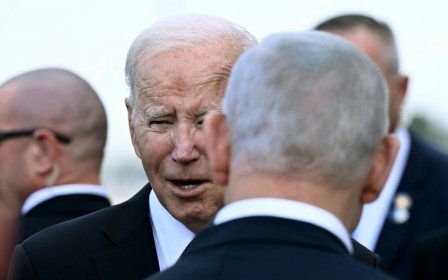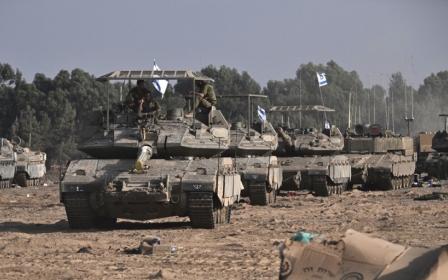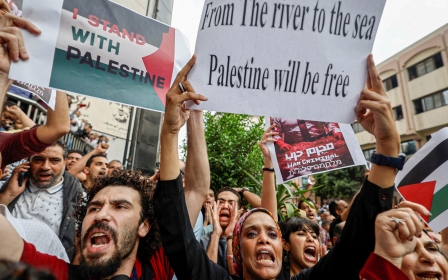Israel-Palestine war: The spectre of regional escalation looms large

What is happening in Gaza right now will not remain contained within the territory’s borders; rather, its effects will spread across the entire Middle East.
The war that Israel is waging on the besieged Gaza Strip, which has endured 16 years of blockade, will have significant repercussions across the region for years to come.
Wars have always played a crucial role in reshaping the regional and global power balance. The world wars of the 20th century served as prime examples of this phenomenon. The 1967 war, which Israel won against Egypt, Jordan and Syria, reshaped the power dynamics of the Middle East.
Similarly, the 1973 war, which led to Egypt successfully reclaiming the Sinai Peninsula, had a significant impact. The Gulf War in the early 1990s affected the regional Arab order, which later became weaker and more divided.
In each case, the balance of power was reconfigured, either through the rise of one power or the fall of another.
The current Israeli war on Gaza will have tremendous impacts on the United States and its regional allies, especially Egypt and Jordan, which face challenging political, economic and social conditions. The US has been unwavering in its military, political and diplomatic support for Israel, without considering the consequences on its own interests in the region or the interests of its allies.
While US support for Israel is nothing new, with Washington having spent more than $260bn on military and economic aid to Israel since 1971, President Joe Biden’s rapid and forceful backing has reached unprecedented levels. This has put American interests and allies in the region in great jeopardy.
Fears of resettlement
Many Arab populations now see the US as a key partner in Israel’s quest for retaliation and collective punishment, and in the crimes being committed by Israeli forces against Palestinians in Gaza. Protests have erupted in Baghdad, Amman, Beirut and other Arab capitals, while Washington has issued a “worldwide caution” for its citizens amid the potential expansion of the war across the Middle East.
Egypt and Jordan, two of Washington’s most important allies in the region, will suffer the consequences of this war for years to come. Egypt is grappling with a severe economic crisis amid soaring external debt, high inflation, increasing poverty rates, and a deteriorating middle class. It will not be able to bear any additional burdens if Palestinians are forced to seek refuge there to escape the brutal war in Gaza.
Follow Middle East Eye's live coverage for the latest on the Israel-Palestine war
Cairo fears the war may lead to the displacement of hundreds of thousands of Palestinians from Gaza and their resettlement in the Sinai, which would have significant security, political and strategic implications. President Abdel Fattah el-Sisi has said he would reject any such move.
Before the war, Sinai was already beyond the control of the Egyptian government, which has been fighting armed groups there for more than a decade, without decisive success. The added presence of anti-Israel resistance fighters would inevitably lead to clashes with Israel, potentially drawing in Egypt - much like the ongoing situation on the Lebanon-Israel border.
There is also significant public pressure on the Egyptian government to ensure more humanitarian aid can reach besieged Palestinians via the Rafah crossing, as Israeli bombings in Gaza have killed more than 9,000 people, wounded more than 32,000 and displaced hundreds of thousands.
Jordan is no better off. The country has faced challenging economic and social conditions over the past decade due to rising prices, falling incomes, increasing unemployment, and poor government performance amid frequent ministerial changes.
Massive protests
Jordan’s public support for Palestinians is the highest among Arab countries, primarily because it has the highest number of Palestinian refugees of any country in the world, at more than two million. This might explain Jordan’s stance on the current war in Gaza, where official rhetoric has rejected Israel’s collective punishment of Palestinian civilians and advocated an immediate ceasefire.
Amid concerns over the domestic consequences of an escalating war, Jordan also cancelled a planned summit with US, Egyptian and Palestinian leaders in mid-October.
What is even more striking is that despite being among the first Arab countries to establish relations with Israel - Egypt in 1979 and Jordan in 1994 - both nations have witnessed massive protests against Israel’s aggression on Gaza in recent weeks.
In Egypt, where an authoritarian regime has suppressed all protests for the past decade, there have been large demonstrations in support of Palestinians and against Israeli aggression. In the past, Egyptians have taken to the streets for Palestine and then returned to protest against their own regime; this might explain why the state has been cracking down on the latest demonstrations.
Similarly, in Jordan, the state is wary that the humanitarian catastrophe in Gaza could spark street protests critical of the Jordanian regime’s failure to prevent the deterioration of local conditions. Street protests have flared in Jordan in recent years over economic conditions and to call for political reforms.
Thus, instead of the US acting as a stabilising force in the region, its blind and unlimited support for Israel has turned it into a source of instability. This could ignite the whole region in the days and months to come.
The views expressed in this article belong to the author and do not necessarily reflect the editorial policy of Middle East Eye.
Middle East Eye propose une couverture et une analyse indépendantes et incomparables du Moyen-Orient, de l’Afrique du Nord et d’autres régions du monde. Pour en savoir plus sur la reprise de ce contenu et les frais qui s’appliquent, veuillez remplir ce formulaire [en anglais]. Pour en savoir plus sur MEE, cliquez ici [en anglais].



